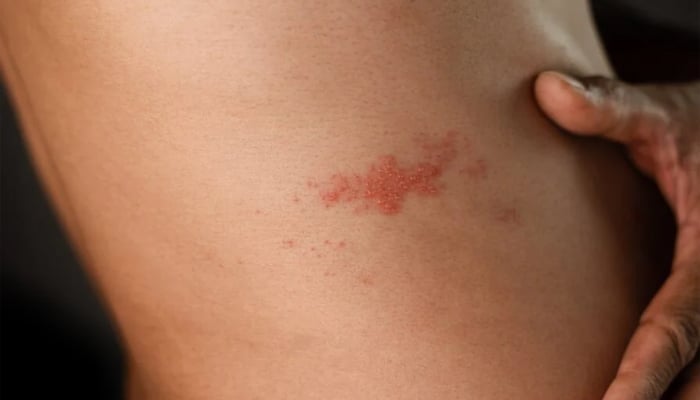
A recent study found an association between receiving shingles vaccines to reduce cardiac events, including coronary heart disorders, heart failures, stroke, and more.
According to a study published in the European Heart Journal, the benefits of the vaccines last longest for up to eight years and are especially for men, individuals under the age of 60 and those with unhealthy lifestyles.
What is Shingles?
Shingles is a viral infection caused by the varicella-zoster virus, a similar germ that cause chickenpox in children. The virus damages the immune system and triggers the disease.
The research was led by Professor Dong Keon Yon from the Kyung Hee University College of Medicine, Seoul, South Korea.
He stated, "Shingles causes a painful rash and can lead to serious complications, especially in older adults and those with weak immune systems. Previous research shows that, without vaccination, about 30% of people may develop shingles in their lifetime.
"In addition to the rash, shingles have been linked to a higher risk of heart problems, so we wanted to find out if getting vaccinated could lower this risk," he added.
The study involved up to 1,271,922 individuals aged 50 or older residing in South Korea. Researchers collected data, from 2012 onwards, on whether people got a single shot and combined this with data on their heart health and data on other factors that can influence health.
The large study involving more than one million people revealed that the live shingles shot lowered the risks of cardiovascular events by up to 26% with advantages lasting up to eight years.
The vaccine may assist prevent cardiac diseases by minimising inflammation and blood vessel damage due to shingles.
As bad as shingles is, current research indicates that it may also increase the risk of future health problems. Numerous researches have associated shingles to a significantly increased risk of Alzheimer’s disease and dementia.
















